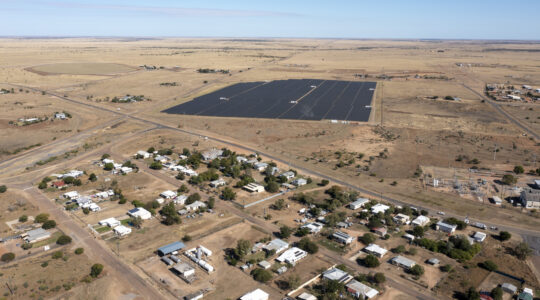Most baby and toddler foods on Australian supermarket shelves do not meet international nutrition and marketing guidelines.
A study by the George Institute for Global Health found a large number of unregulated claims on the products that misled parents into thinking they were healthy.
Lead author Dr Elizabeth Dunford said the findings, published in Maternal and Child Nutrition, showed that none of the products for children aged six-36 months met international guidelines for promotion and more than three quarters failed on overall nutritional requirements, mainly due to excess energy and sugar.
“Time-poor parents are looking for convenience, but most would be shocked by industry’s deceptive marketing tactics, suggesting products are healthier than they are, that are rife across this category,” Dr Dunford said.
“They would probably also be surprised to know that regulatory safeguards to protect children from exposure to unhealthy food marketing are currently very limited.”
Dr Dunford said consuming excess calories in early years set children up for obesity in later life and the early introduction of highly sweetened foods drove lifelong taste preferences.
She said information on 309 infant and toddler food products held in The George Institute’s FoodSwitch database was assessed against the WHO Regional Office for Europe’s Nutrient and Promotion Profile Model, published in 2022 and considered a gold standard benchmark.
“Only just over a fifth of the products (22 percent) met all WHO criteria for nutrient composition, with most failing on sugar and calorie content, and none met the ‘no prohibited claims’ requirement.
“Prohibited claims include statements like, ‘free from colours and flavours’, ‘organic’ and ‘no added sugar’.
“Pouches, which account for half of commercial infant food sales and are growing exponentially, had the greatest number of prohibited claims at an average of 5.8 per package.”
Dr Dunford said an estimated one in four children were overweight or obese.
“Australian Infant Feeding Guidelines state that ‘consumption of nutrient-poor foods with high levels of fat/ saturated fat, sugar, and/or salt should be avoided or limited’ and that no sugars should be added to food for children under 12 months of age.”








